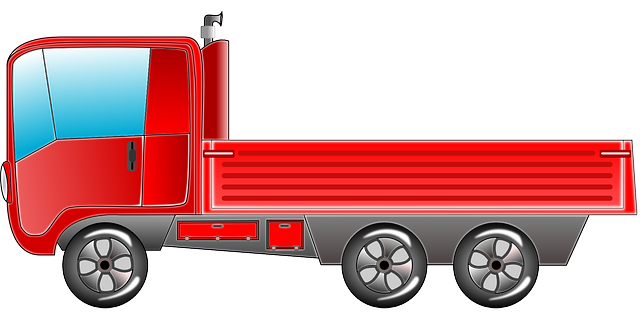Many individuals and businesses rent trucks for various needs, but standard rental agreements may not offer sufficient protection. Temporary truck insurance provides crucial short-term coverage against accidents, damage, and liability, shielding renters from substantial financial vulnerabilities. When renting a truck, understanding different types of insurance is key, including liability, collision damage waiver (CDW), and comprehensive policies. Choosing the right temporary insurance involves evaluating purposes, truck type, inclusions, exclusions, and specific needs like business or personal use, with online platforms facilitating comparisons for informed decisions.
In today’s dynamic business landscape, renting trucks for either personal or professional use has become increasingly common. However, navigating the complex world of insurance can be a challenge. This comprehensive guide dives into the essentials of temporary truck insurance, elucidating what it covers and who needs it. We explore various coverage options, key considerations when selecting a policy, and provide practical steps to obtain and compare quotes for your specific needs.
- Understanding Temporary Truck Insurance: What It Covers and Who Needs It
- Types of Coverage Options for Rented Trucks
- Key Factors to Consider When Choosing a Policy
- How to Get and Compare Quotes for Your Temporary Truck Insurance
Understanding Temporary Truck Insurance: What It Covers and Who Needs It
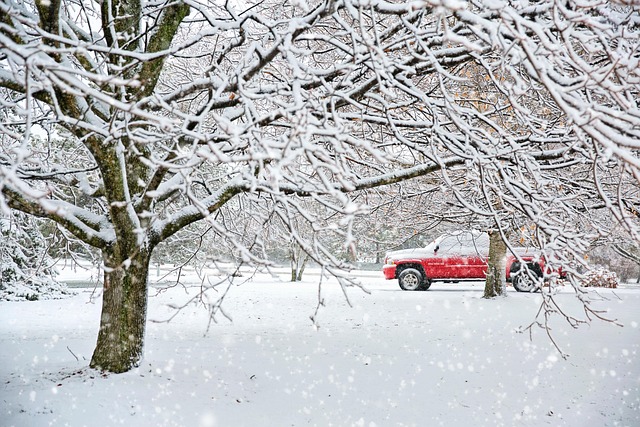
Many individuals and businesses rent trucks for various purposes, whether for moving, construction projects, or transporting goods. However, it’s crucial to understand that a standard rental agreement may not provide sufficient coverage for potential risks and liabilities associated with truck usage. This is where temporary truck insurance steps in as a vital solution.
Temporary truck insurance is designed to offer short-term protection for rented vehicles. It covers a wide range of incidents, including accidents, damage to the truck or its cargo, and liability towards third parties. This type of insurance is particularly essential for individuals or businesses renting trucks occasionally, ensuring they are not left vulnerable to significant financial losses in case of unforeseen events.
Types of Coverage Options for Rented Trucks
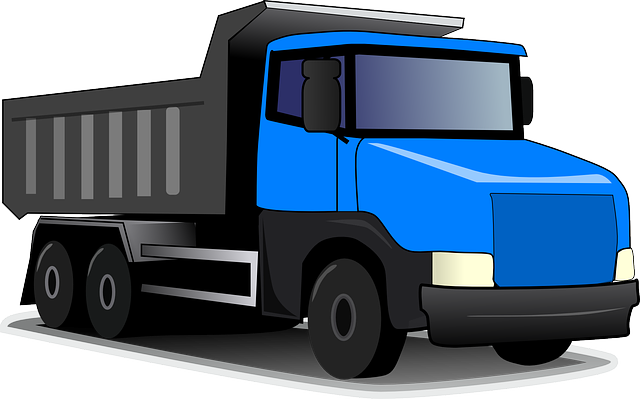
When renting a truck for business or personal use, understanding your coverage options is crucial. Many rental companies offer various types of insurance, but it’s essential to know what each policy entails and if it aligns with your needs. The primary coverage options include liability insurance, collision damage waiver (CDW), and comprehensive insurance.
Liability insurance protects you against claims arising from accidents caused by you while driving the rented truck. Collision damage waiver is a type of temporary truck insurance that covers damages to the vehicle in case of an accident, eliminating or reducing your financial responsibility. Comprehensive insurance, on the other hand, provides broader protection, covering damages beyond accidents, such as theft, vandalism, and natural disasters. Choosing the right combination of these coverage options ensures you’re prepared for any unforeseen circumstances while renting a truck.
Key Factors to Consider When Choosing a Policy
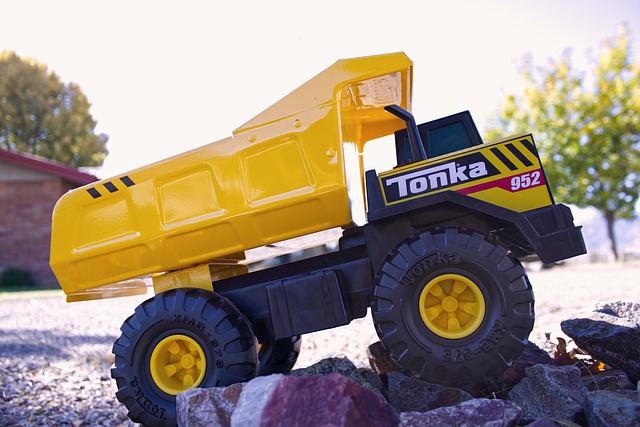
When selecting a policy for temporary truck insurance, several key factors come into play. Firstly, consider the purpose and duration of your rental. Whether it’s for business or personal use, different needs may arise, affecting your coverage requirements. For instance, business rentals often demand more comprehensive protection due to potential commercial risks.
Additionally, the type and size of the truck are essential considerations. Larger vehicles or specialized rigs might need tailored policies to accommodate unique operational challenges. You should also evaluate the inclusions and exclusions carefully. Temporary policies may offer different benefits, such as liability coverage, collision damage waiver, or personal effects protection, depending on the provider and your specific needs.
How to Get and Compare Quotes for Your Temporary Truck Insurance
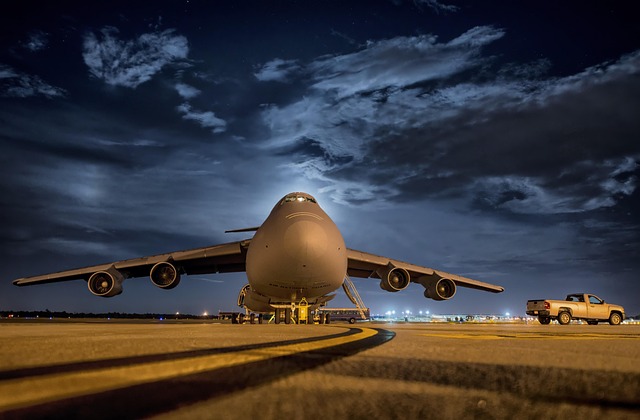
To get and compare quotes for your temporary truck insurance, start by identifying your specific needs. Consider factors like the duration of rental, intended use (business or personal), and the type and value of the truck. Different policies cater to various scenarios, from short-term moves to construction site support. Next, reach out to multiple insurance providers or browse online platforms specializing in temporary vehicle coverage. Request quotes detailing the scope of coverage, deductibles, and any additional fees.
When comparing quotes, scrutinize the fine print. Look for comprehensive coverage options that include liability, collision, and cargo protection. Ensure the policy aligns with your needs and offers sufficient limits. You can also consider adding endorsements for specific risks, like towing or custom equipment. Online tools and side-by-side comparisons will help you quickly identify the best value for your temporary truck insurance needs.
When renting a truck for business or personal use, securing appropriate insurance is paramount. Temporary truck insurance provides essential protection for unforeseen events, ensuring peace of mind while you navigate your journey. By understanding coverage options, evaluating factors like deductibles and exclusions, and comparing quotes from reputable providers, you can make an informed decision that suits your needs. Remember, the right policy will safeguard against financial burdens, offering a safety net for your business or personal assets. Embrace the convenience of temporary truck insurance and drive with confidence.
